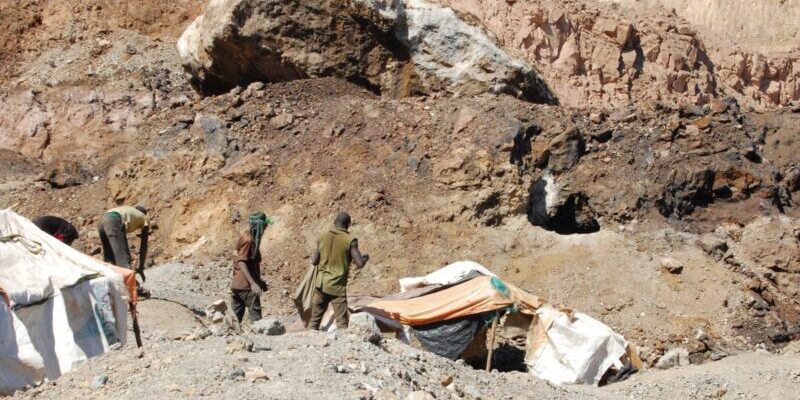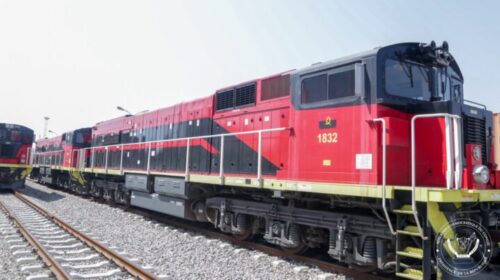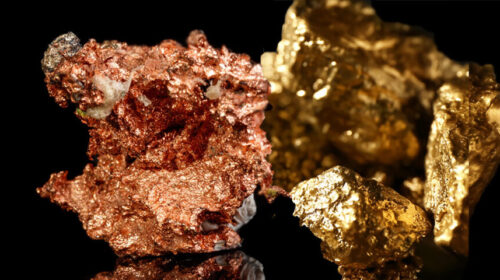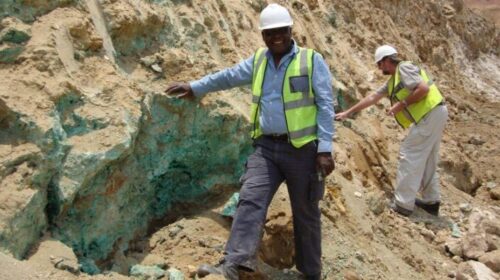Human Rights Abuses in the DRC’s Cobalt and Copper Mining Industry
The Democratic Republic of the Congo (DRC) is known for its abundant reserves of cobalt and copper, crucial components for the production of rechargeable batteries that power our modern world, from electric vehicles to mobile phones.
However, the expansion of industrial-scale mines in the DRC has come at a significant human cost, with entire communities facing forced eviction and rampant human rights abuses.
A recent report by Amnesty International and the DRC-based organization Initiative pour la Bonne Gouvernance et les Droits Humains (IBGDH) titled “Powering Change or Business as Usual?” sheds light on this pressing issue.
The report exposes how multinational companies, in their pursuit of expanding mining operations, have uprooted communities from their homes and farmland, resulting in grave human rights violations. These violations include sexual assault, arson, beatings, and the forced eviction of entire communities.
Agnès Callamard, Amnesty International’s Secretary General, emphasizes the urgency of the situation, stating, “The forced evictions taking place as companies seek to expand industrial-scale copper and cobalt mining projects are wrecking lives and must stop now.”
She further stresses the importance of a just transition to clean energy, where decarbonizing the global economy should not come at the expense of human rights.
The growing global demand for clean energy technologies has led to a corresponding need for metals like copper and cobalt. The DRC boasts the world’s largest cobalt reserves and the seventh-largest copper reserves, making it a focal point for these resources.
These metals are essential for manufacturing lithium-ion batteries, powering a wide array of devices, including electric vehicles and mobile phones.
For instance, an average electric vehicle battery requires over 13 kilograms of cobalt, and a mobile phone battery needs about 7 grams.
With the demand for cobalt expected to reach 222,000 tonnes by 2025, the pressure on mining operations in the DRC is immense, potentially exacerbating the ongoing human rights crisis.
The report highlights repeated breaches of legal safeguards prescribed by international human rights law, national legislation, and the UN Guiding Principles on Business and Human Rights.
Donat Kambola, the president of IBGDH, underscores the dire situation, stating that people are being forcibly evicted, threatened, intimidated, or misled into accepting inadequate settlements without proper mechanisms for accountability and justice.
Case Studies: Communities in Crisis
The report includes several case studies illustrating the grim reality faced by affected communities:
1.Kolwezi’s Cité Gécamines: A once-thriving neighborhood of about 39,000 people, characterized by multi-roomed houses with running water and electricity, schools, and hospitals, has been systematically destroyed since the reopening of a vast open-pit copper and cobalt mine in 2015. Residents were often informed about their homes’ demolition without prior notice, consultation, or access to justice.
2.Mukumbi’s Tragic Fate: Near the Mutoshi project operated by Chemicals of Africa SA (Chemaf), soldiers reportedly burned down the settlement of Mukumbi, leading to the displacement of residents. Despite protests and a compensation agreement in 2019, some former residents received meager payouts, while Chemaf denies involvement in the destruction.
3.Metalkol RTR Project: A subsidiary of Eurasian Resources Group (ERG) bulldozed crops near Tshamundenda village without meaningful consultation or eviction notice. During the destruction, soldiers sexually assaulted one woman, further deepening the suffering of affected farmers. Despite ongoing protests, ERG denies responsibility for the soldiers’ actions and the farmers’ claims.
The expansion of cobalt and copper mining operations in the DRC, driven by the global demand for clean energy technologies, has brought about a humanitarian crisis.
Forced evictions, human rights abuses, and a disregard for legal safeguards continue to plague affected communities. Amnesty International and IBGDH’s report serves as a stark reminder that the pursuit of clean energy must prioritize the rights and well-being of the DRC’s communities.
It calls for immediate action to halt these violations, ensure accountability, and support the affected populations in their quest for justice and dignity. The world’s transition to a sustainable future must not come at the expense of human lives and rights.
107 total views , 1 views today





